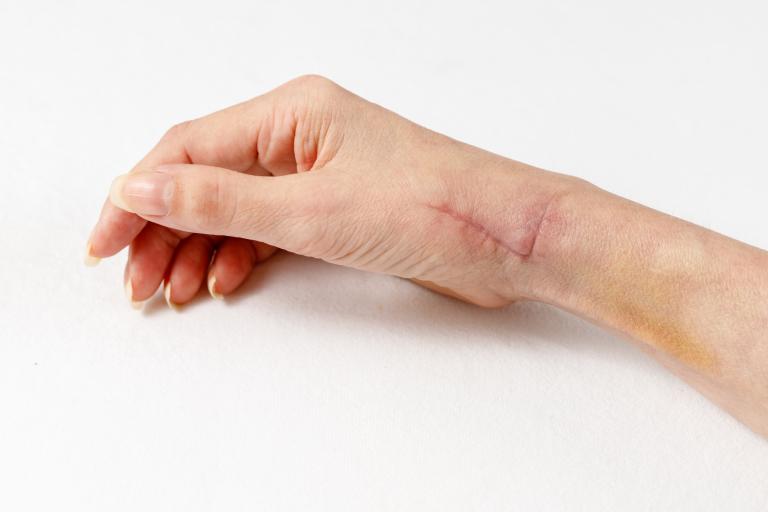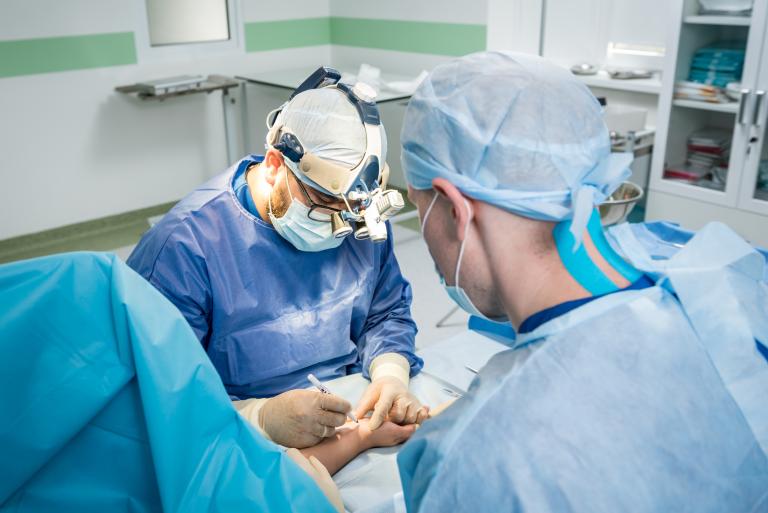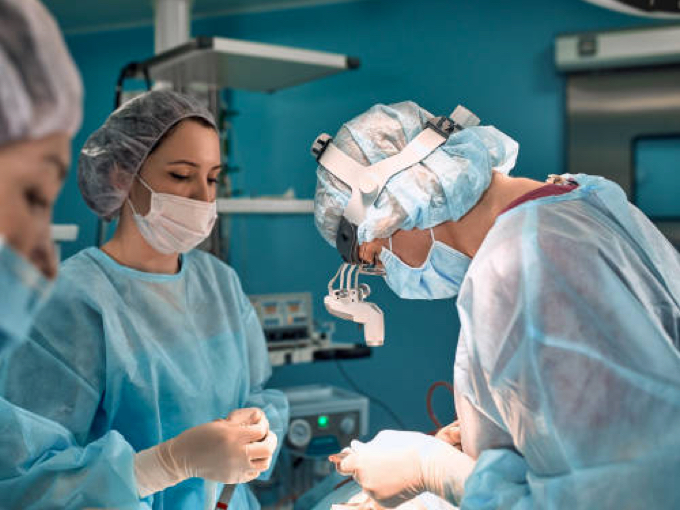
What is Functional Muscle Transfer Surgery?
Our surgeons are experts at transferring tissues around the body. When muscle is transferred, it is removed with its blood vessels and its nerve to the site where the function needs to be replaced. The muscle is then inserted into the new region, reattached to the circulation as a muscle flap. The function of the muscle can be restored through repair of its nerve microsurgically and the muscle can tensioned to allow it to function after nerve regeneration.
